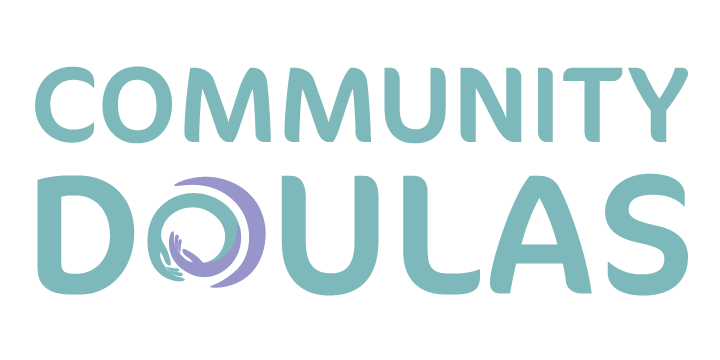
Frequently Asked Questions
-
A birth doula is a trained professional who provides continuous, one-on-one physical, emotional and informational support to a birthing person before, during and immediately after and for the first few days/weeks post birth. Our goal is to help the birthing people achieve the healthiest, most satisfying experience possible.
-
Community Doulas is a non-profit organization that works with each pregnant person and their unique personal situation to determine a fee. To find out more click here
-
A doula does not give medical advice, perform clinical tasks, make medical diagnosis or speak on your behalf. Doulas provide unbiased information and space for you to make informed decisions.
-
As you start to feel the need for emotional and physical support, and Ideally enough time to start a relationship so the doula will know your personal individual needs. For some, this is done at the very beginning of pregnancy, and others in the third trimester.
-
A doula knows birth well and a partner knows you well. Doulas work in sync with your partner to ensure that all of your needs are met; this is at all times a team effort. For example, your doula may be providing sips of water & words of encouragement while your partner is providing massage & physical support. A doula can allow for your partner to rest while providing continuous support.
-
Most hospitals supply a translator for well-checks and labor during hospital working hours and a translator by phone at night. Community Doulas will secure a translator for meetings with a doula if necessary. We encourage people to choose their own translator (friend, community member) and bring them with them along for all visits with the doula.
-
Research has shown that people who receive continuous labor support are more likely to have a spontaneous vaginal birth and less likely to have pain medication and Cesareans. In addition, their labors are shorter and their babies are less likely to have complications at birth or be admitted to a NICU. Overall they are more likely to rate their childbirth experience positively. In these studies, the best results occurred when the continuous support was provided by a trained doula—someone who was not a staff member at the hospital and not part of the birthing person’s social network.
We acknowledge that not all birthing people identify as women or as moms/mamas/mothers. We are an inclusive organization and welcome birthing people of all genders to utilize our services.
